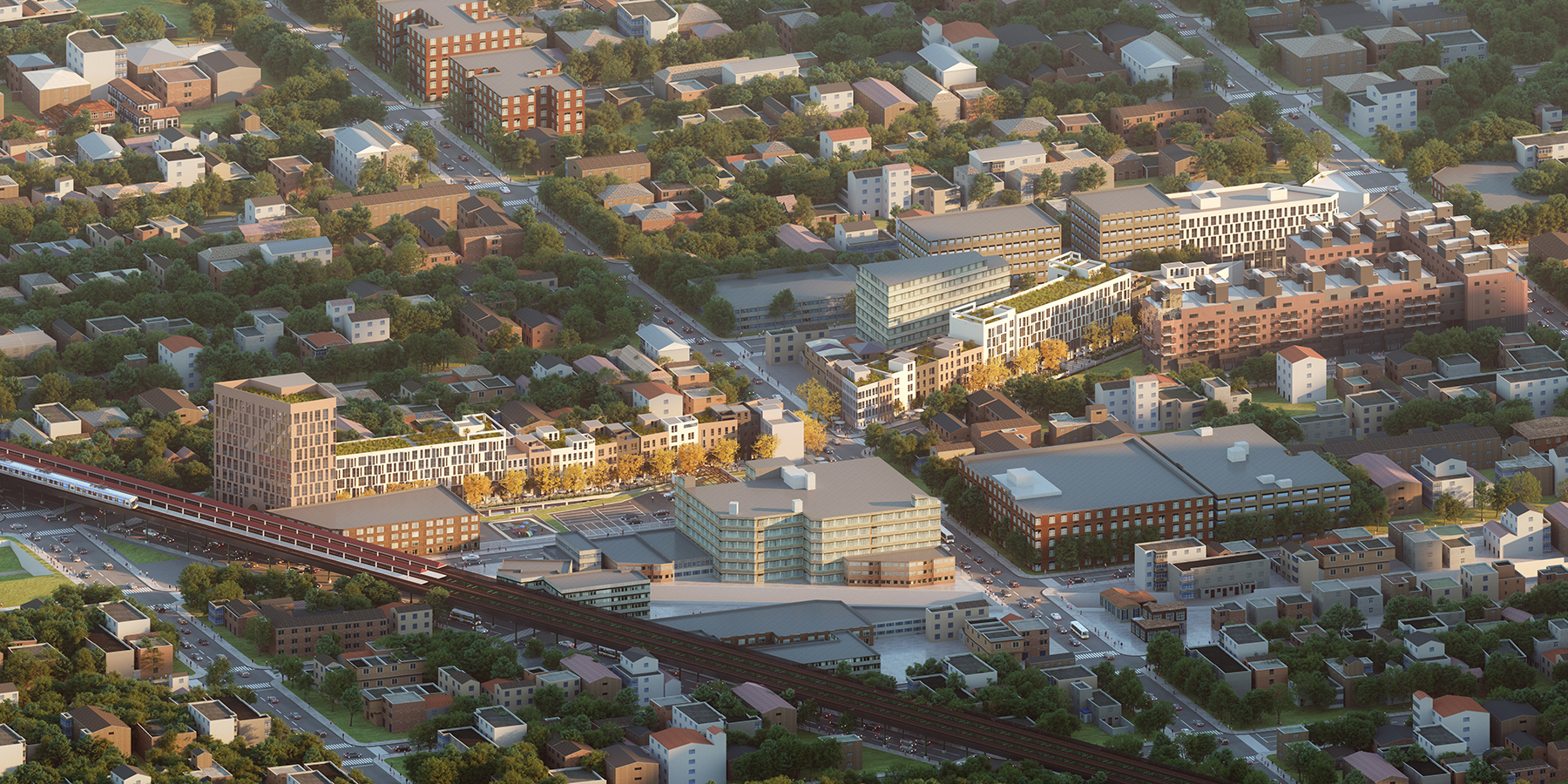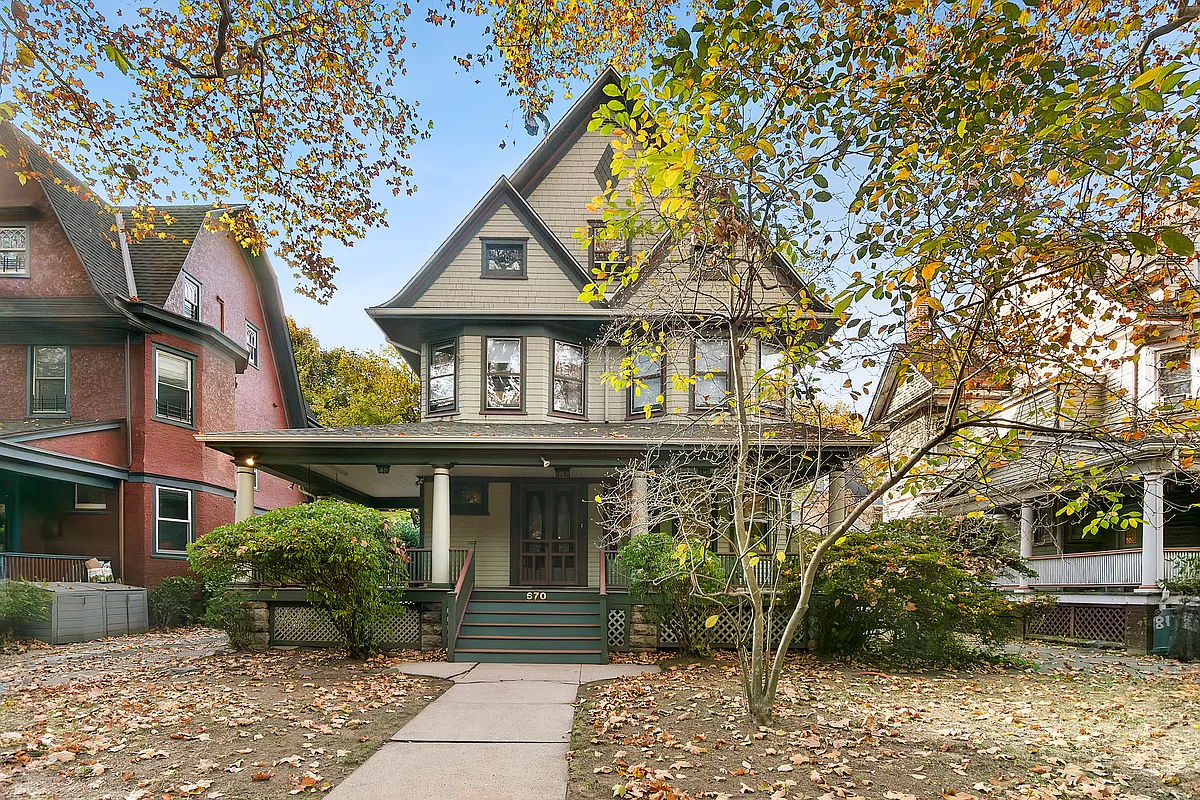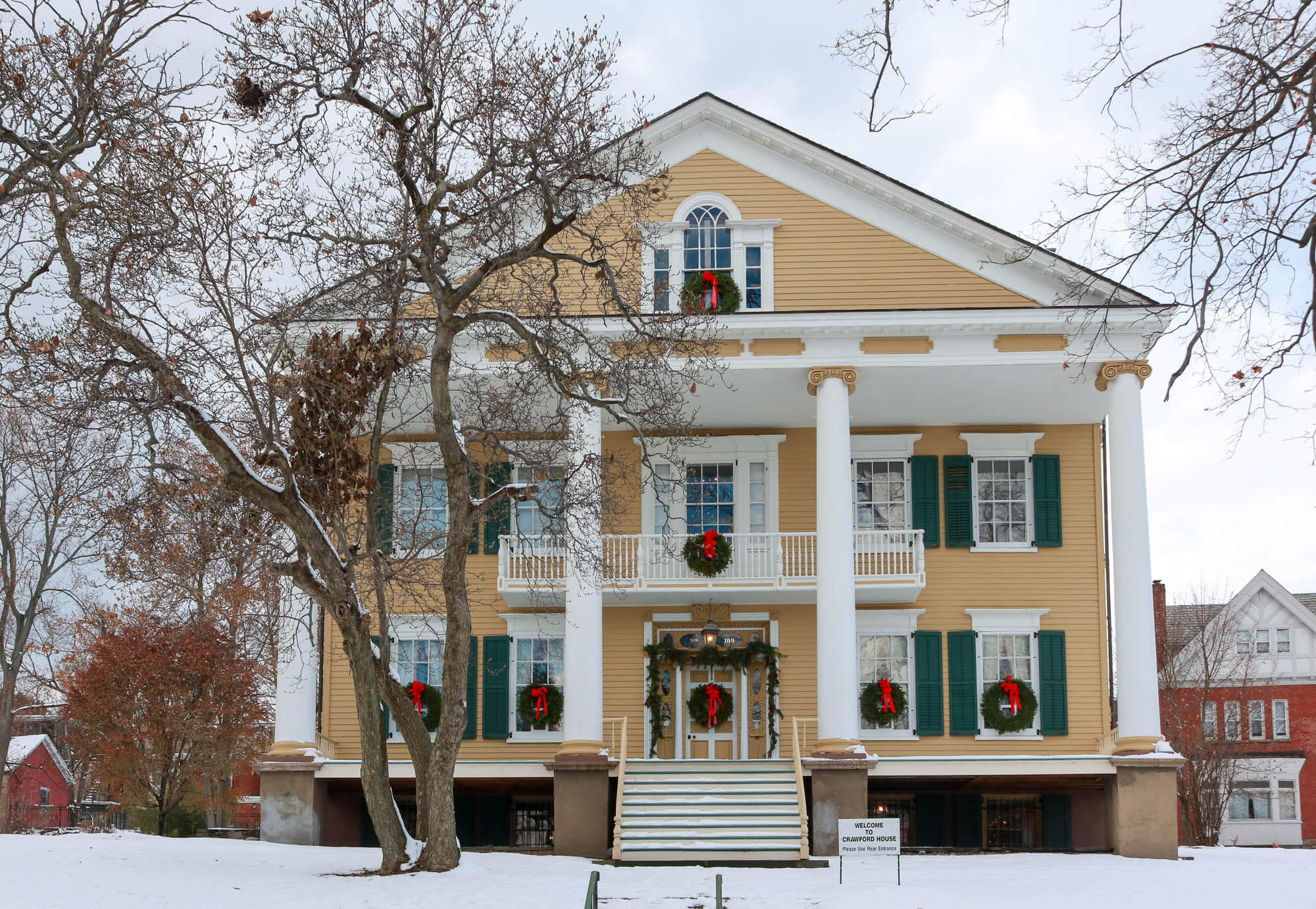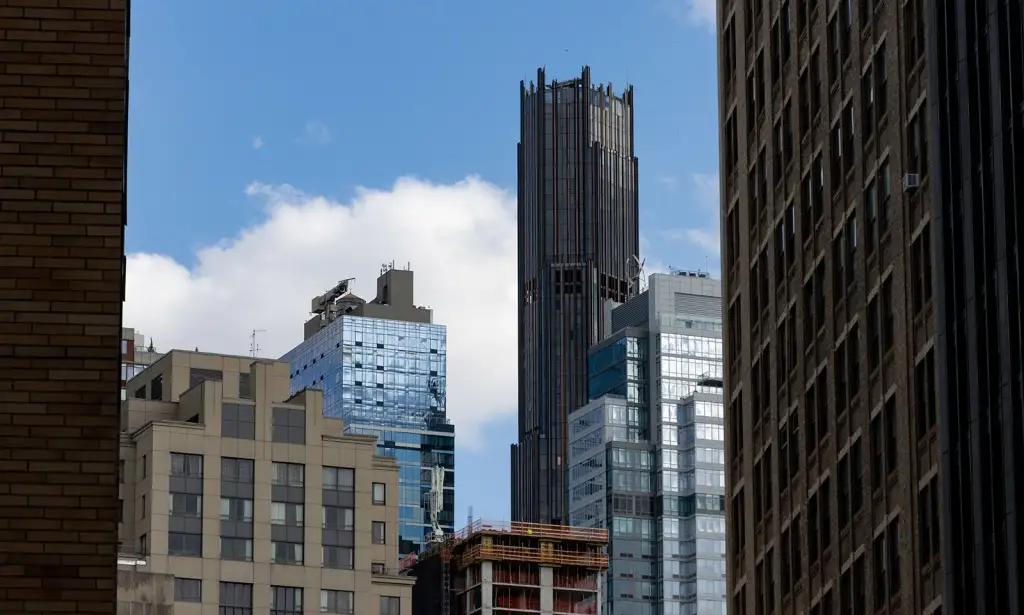Slope Losing Another Small Bookstore
These are dark days for indie-minded Park Slope bibliophiles. 7th Ave. Books closed a few months ago, and just last week the Times reported that the Community Bookstore had fallen on hard times. Now comes word that another 7th Avenue bookseller is packing it in: Park Slope Books is consolidating operations with its sister store…
These are dark days for indie-minded Park Slope bibliophiles. 7th Ave. Books closed a few months ago, and just last week the Times reported that the Community Bookstore had fallen on hard times. Now comes word that another 7th Avenue bookseller is packing it in: Park Slope Books is consolidating operations with its sister store on Montague Street, Heights Books, and closing its Slope location this spring. Sad news for Slopers who like having options beyond Barnes & Noble. GMAP









Interesting posts, though often based on incorrect assumptions. I’m the guy who opened and eventually closed 7th Ave. Books. Our stock was constantly changing, well chosen, and we had many loyal and happy customers. Despite high rent and other unavoidable expenses, we made a rather decent profit. So why did I close my store? Basically, I grew weary of the shoplifters, and the small but infuriating number of parents who let their children trash the kid’s section, leaving books both scattered and torn. I’m pleased with what we accomplished. It was by most measures a fine used book store, but after six years I simply decided:”Enough’s enough. Time to go.”
Perhaps after some time off spent with family and friends, I’ll get back to the biz. I kinda miss it…
The commenters who complain that a used bookstore, which depends for its stock on the people who seek to sell their books, didn’t have NY TIMES bestsellers on hand immediately don’t understand the used-book business.
Used bookstores have older books, more unusual books, books that don’t turn up on the shelves of a typical B&N superstore. Used bookstores are run by people who know their books, who can help customers find books, and who are willing to give customers leads on how to find what they’re looking for even if the books are not on the store’s shelves at that moment.
Heights Books is surviving because it does have a combination of in-store sales and online business. Park Slope Books tried the same combination, but often its street traffic just wasn’t big enough to keep things going.
For a while, it appeared that Park Slope Books and Seventh Avenue Books would form the core of a “booksellers’ row” in Park Slope — but Seventh Avenue Books had problems of its own, and when it closed, that closing helped to undermine the hopes of Park Slope Books.
Now the bastion of independent bookselling is Community Books of Park Slope, and more power to them.
For those commenters here who can’t seem to understand why we need independent bookstores, perhaps you should expand the spectrum of the stuff you read beyond the reading equivalent of the “top 40.” Then try to find that kind of stuff at a B&N or even a Borders. Once you’ve been all over the city trying to find a book and have given up on all the chain bookstores, then you may realize just how valuable an independent bookstore can be.
Wow – I had no idea that everybody hated independent bookstores so much.
I work at a bookstore at the north end of the Slope — it’s called Unnameable Books, and it’s located at 456 Bergen (between 5th Ave. and Flatbush) — we have an excellent selection of new and used books, and we are still in business.
Like B&N or amazon, as someone pointed out, we can order any book in print for you, and ship it anywhere you like. Unlike B&N or amazon, we offer an outstanding browsing experience where you will probably find many books you had never heard of, and didn’t know you wanted — and you won’t have to wade through piles of crappy bestsellers to get to the good stuff.
If you want to buy coffee, there are plenty of places nearby that serve excellent coffee. You can get it in a paper cup, and drink it while you browse in the bookstore.
I don’t think this is a typical case as the owner has another store in Brooklyn! As much more of the used book biz has moved online (and this store IS selling books online through abebooks, etc.) maybe it just does not make sense to pay two high rents to operate nearly identical businesses in two brownstone Brooklyn neighborhoods. I love used book stores but some of them are stuffed with overpriced stock that does not move. Plus dust, mold, off-putting owners (I’m thinking of a few OTHER establishments.) It’s a tough biz, and the rising rents do not help. I suspect closing the Park Slope store means this owner has a better chance of staying in business with a bricks and mortar/online combo strategy.
People just have to do some market research and see what people in the neighborhood really want in a store. i don’t think residents of Park Slope with their high yearly incomes want to buy used books. Store owners need to keep up to date.
Take a walk down Seventh Avenue and play “Count the Empty Storefronts.” Five years from now, I bet you can play the same game on Fifth.
1:06 AM can you please cite a single neighborhood, town, city which has “cheap” rents that has a vibrant street life and interesting stores.
It is so silly that people blame gentrification for retail biz failures – Show me a merchant who isnt happy when his customer base’s income goes up exponentially, when development brings in thousands more customers (also at high incomes) and lower crime makes street life more vibrant and enjoyable and Ill show you a moron.
Sure rents increase but that will be more then off-set by the better retail climate that comes along with them – IF you adapt your inventory, merchandising and marketing to match.
“Greed of the landlords”?! What’s that about?
Generally, everyone is entitled to find his/her best economic niche. You work where the total compensation package (financial plus psychic) is best for you. You shop where the total experience feels best for you. You choose housing that works best for you. The storekeeper chooses the best prices he can for what she sells?
Why should the landlord should be villified for seeking the best price for her property? Does she wear a scarlet “L’ on her shirt?
Perhaps you feel that we should protect some people from the realities of local real-estate markets. Maybe low-income apartment renters. Maybe proprietors of small neighborhood bookstores. That’s fine; if we all decide (through our elected officials) that these people deserve subsidies, then let us all (through those same elected officials) tax ourselves and give them those subsidies.
What’s really pathetic, though, is for us to say that some people deserve those subsidies, but we are going to require someone else to come up with the money — the landlord! Wow! We can really feel good about that — protection for those poor victims and it doesn’t cost us a penny! But of course we first have to dehumanize the landlords — let’s start be never using the word “landlord” without the prefix “greedy;” that will get us the sympathy we need.
Herb (not a landlord)
Park Slope
Excellent and those of u s in other Brooklyn neighborhoods will get the better small stores.
🙂